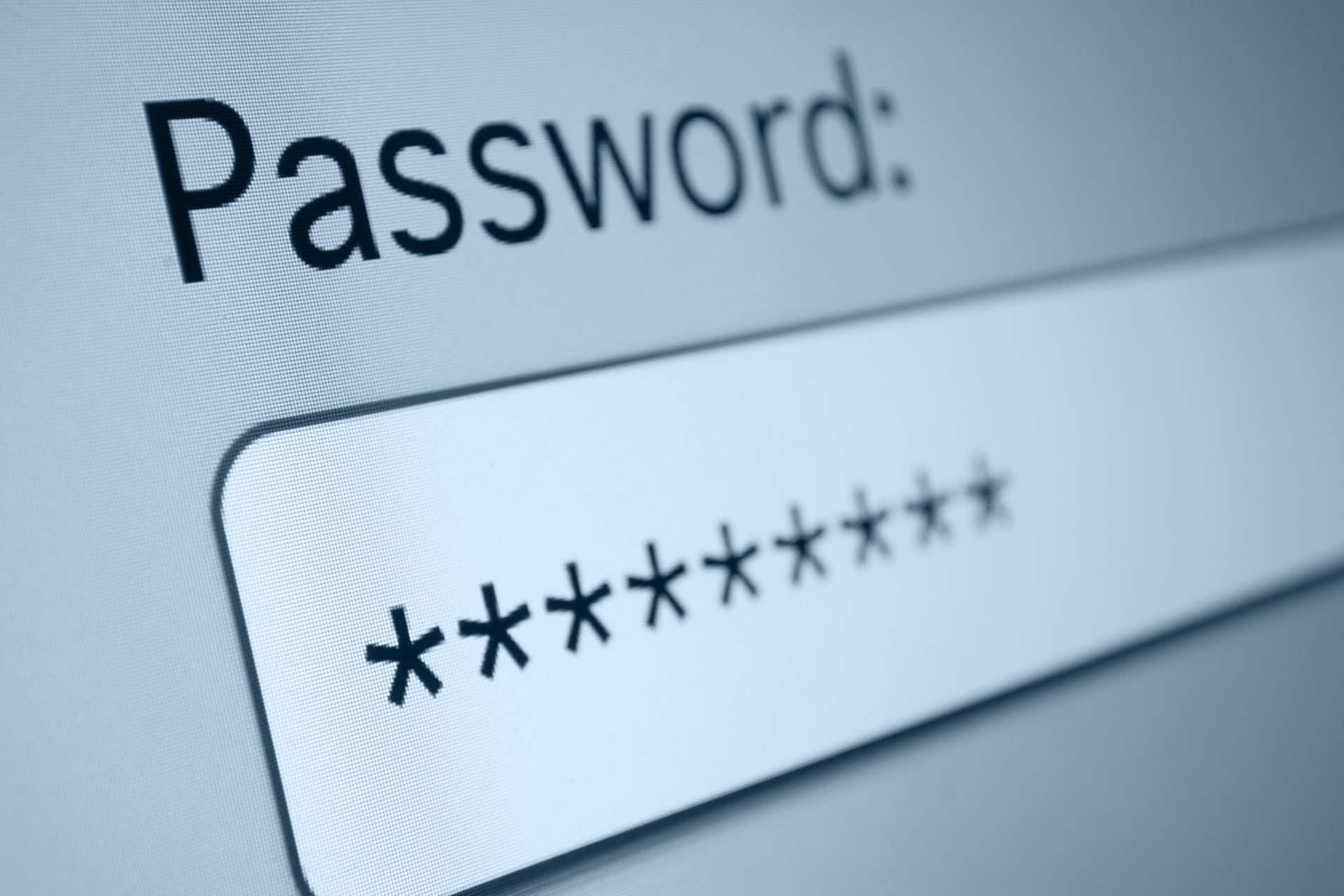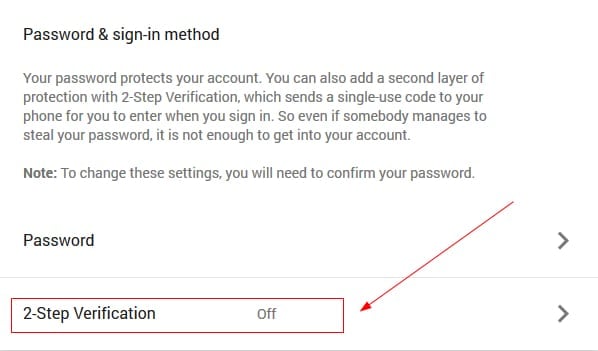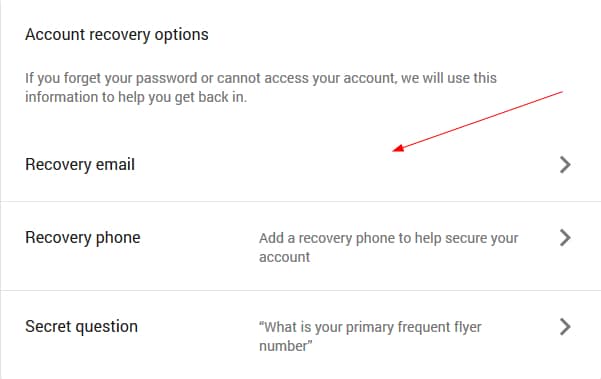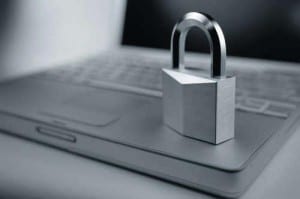Secure Your Email Account from Hackers
There are a few important steps that you can take in order to secure your email account from hackers and increase the security of your email communication. Whether you use your computer for work or use it at your home, your email address is a critical part of your online security. If your email account is compromised, hackers can use it to change your passwords at other sites, including the one at your bank, or access your sensitive company data. Email accounts may be virtual but once hacked, the consequences and damages are very real. In this post we will learn what are the ways of securing your email account.
Steps to Secure Your Email Account from Hackers
Use a Strong Password
To prevent your passwords from being hacked by social engineering, brute force or dictionary attack method, you should choose a really strong password. So how should I generate strong password ?. You could use a good online tool such as Norton Identity Safe Password Generator to create highly secure passwords that are difficult to crack or guess. There are some recommendations when you setup a new password for an account. Use a password that has at least 16 characters, use at least one number, one uppercase letter, one lowercase letter and one special symbol. Do not use the names of your families, friends or pets in your passwords. Do not use postcodes, house numbers, phone numbers, birth dates, ID card numbers, social security numbers, and so on in your passwords. Do not use any dictionary word in your passwords.
Use 2-Step Verification
This process adds an extra layer of security to your account by requiring you to sign in with something you know (your password) and something you have (a code sent to your phone). You could go to your account settings and add your mobile number to receive SMS alerts. Once that’s set up, you will be sent the password reset code to your mobile whenever somebody tries to reset your password. Most of the modern webmail providers have this option available.
Setup a Recovery Email Address
When you create an email account you could link another email address to the account, and use it to sign in, recover your password, get notifications and more. It is always recommended that you use a valid recovery email address. This will be very helpful when you loose access to your account or while you reset the account password.
Avoid Public WiFi
You might have got a very good mobile device that scans for free available WiFi networks nearby or you want to enjoy the free WiFi of the coffee shop round the corner. Good for you and so is for the hacker waiting nearby to sniff the packets and crack your accounts. Avoid using public WiFi for accessing email or transacting online with a credit card. If you are connected to a WiFi at a hotel with given username and password, then always sign out of your account when you finish your work. Clear forms, passwords, cache, and cookies in your browser on a regular basis.
Secure your Computer, Always use HTTPS
Let it be Gmail or Yahoo or hotmail account, always use HTTPS. For example in your Gmail account, click on the gear icon in the top right-hand corner, then select “settings.” Under “Browser connection,” highlight “Always use https.” With this option, Gmail will establish a secure connection during sessions, from login to logout, even if you’re using a public wireless network.
Never Share Login Information
The email address is a critical part of your online security. Be careful when giving your email address to others, do not share the login information at any case. Do not share the information related to the security questions and answers. No company’s employee will ever ask you for your password in an unsolicited phone call or email message. If you think if you have revealed some information then you could immediately change the password and security options.
Be Careful When Opening Attachments
When you receive an email from an unknown address and if it has an attachment then before opening the attachment, scan the attachment and then open it. When reading your e-mail remember that bad guys aim is usually to get their trojan software onto your PC, so they will try anything that will entice the recipient to open and run the attachment often a zip file, or entice you to send your personal information to them, for example user ID and password or bank account details. If you have installed the antivirus on your PC, then right click the attachment and scan the attachment before you open it.







